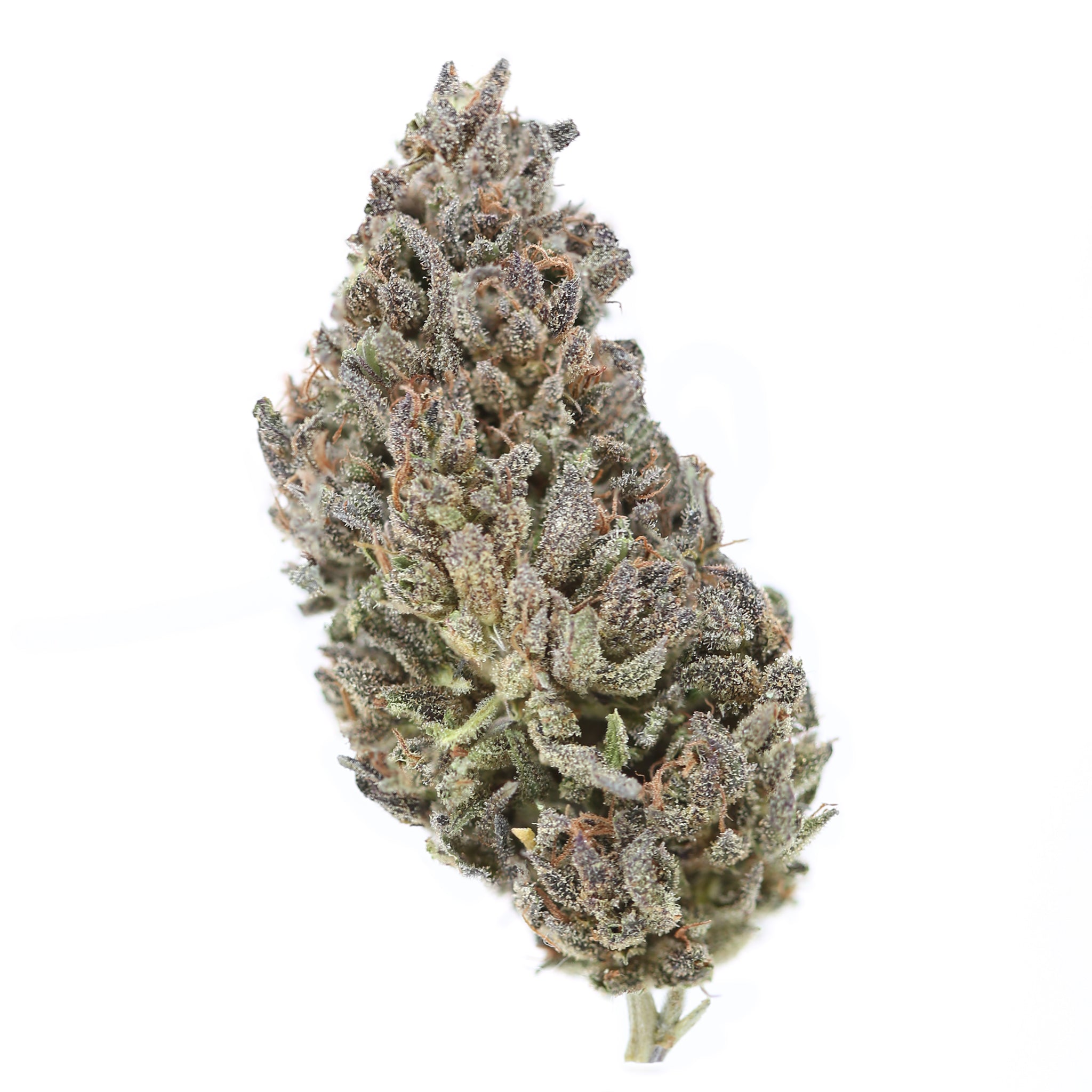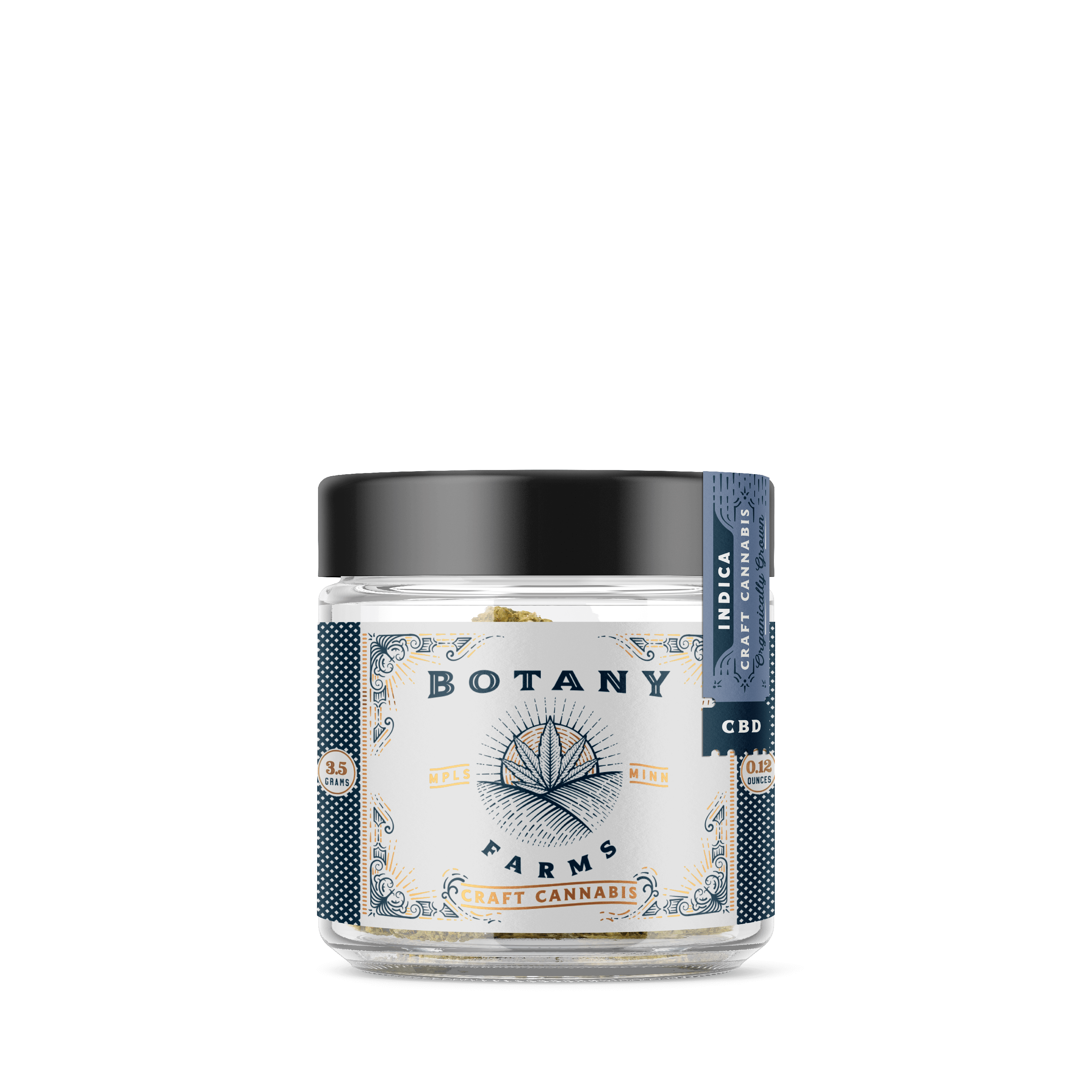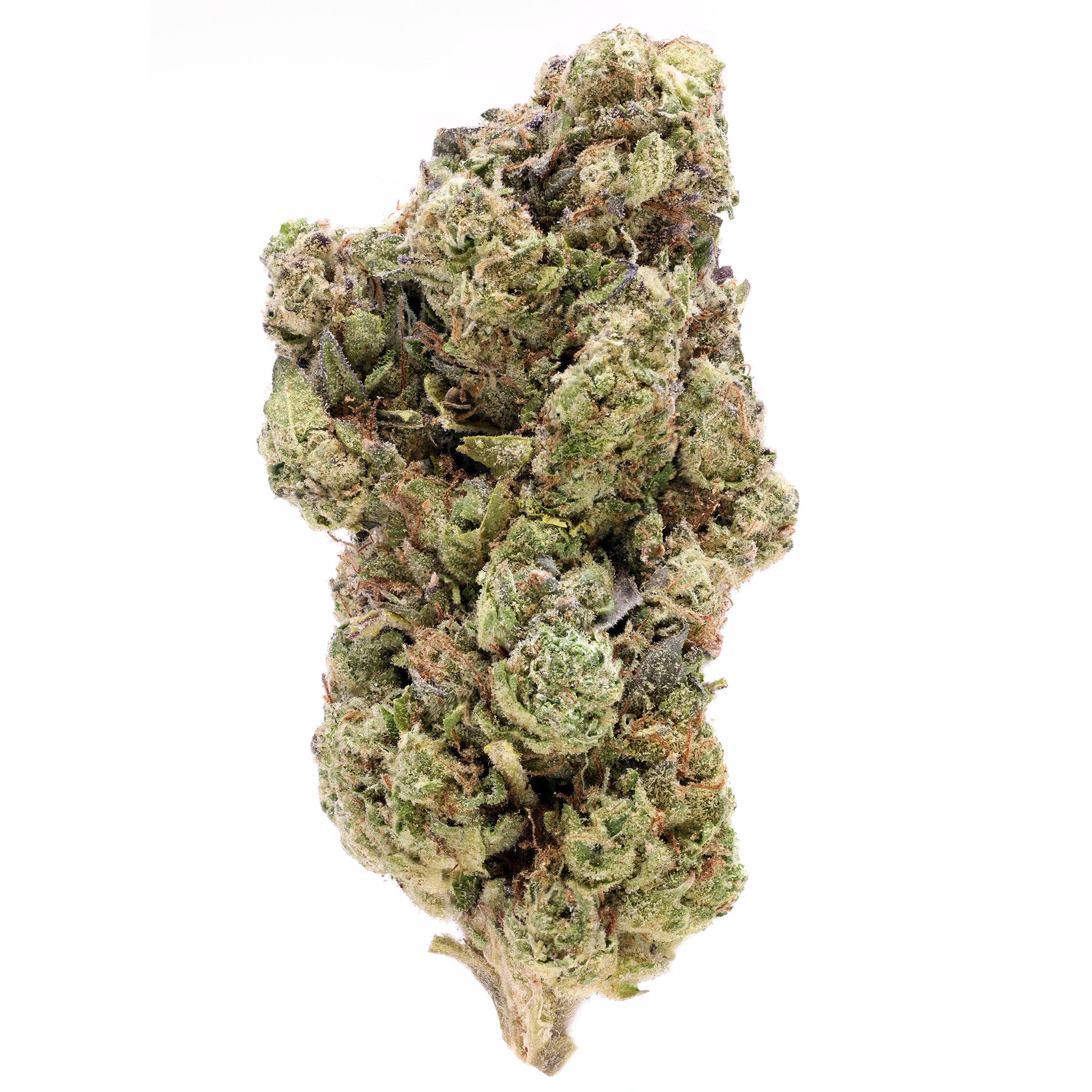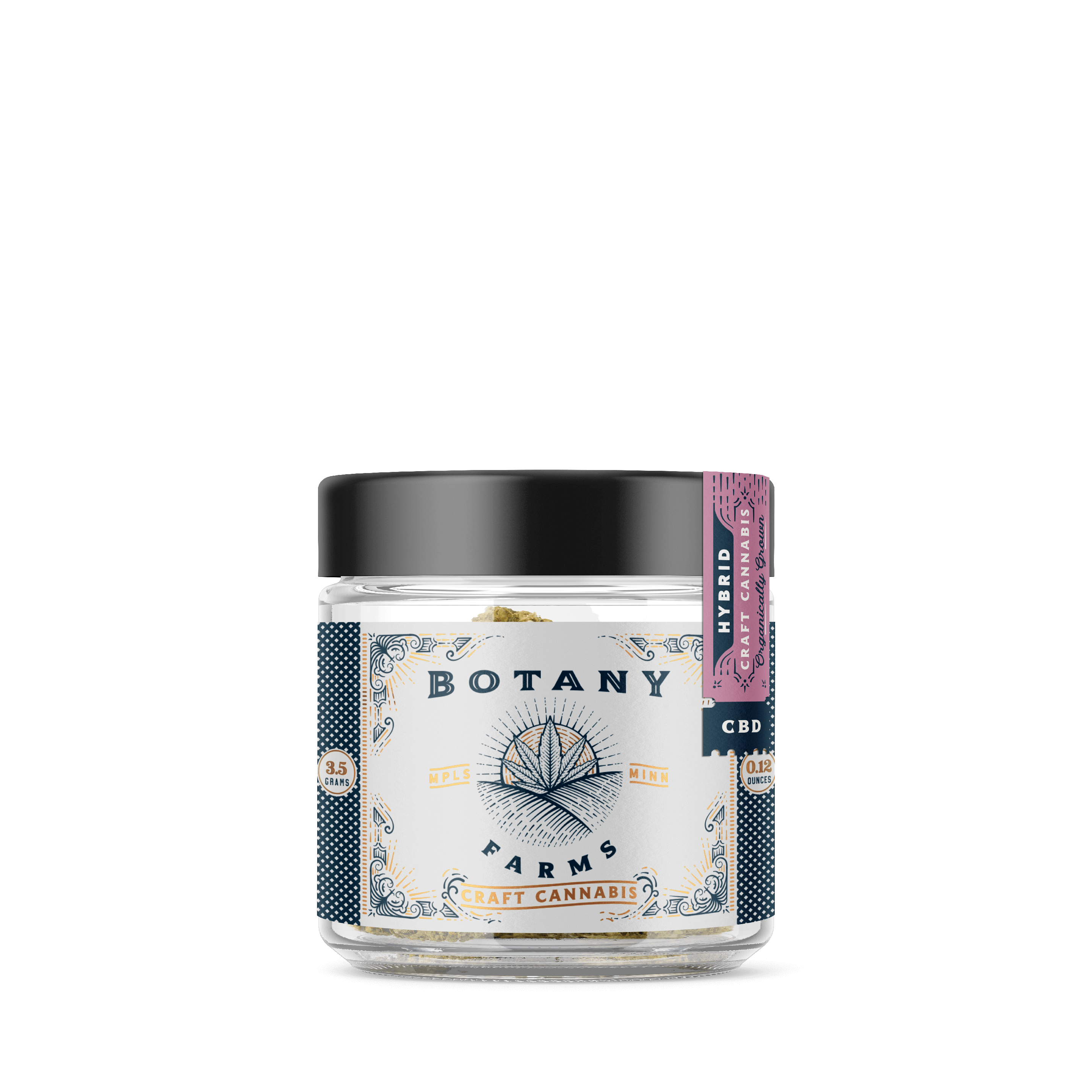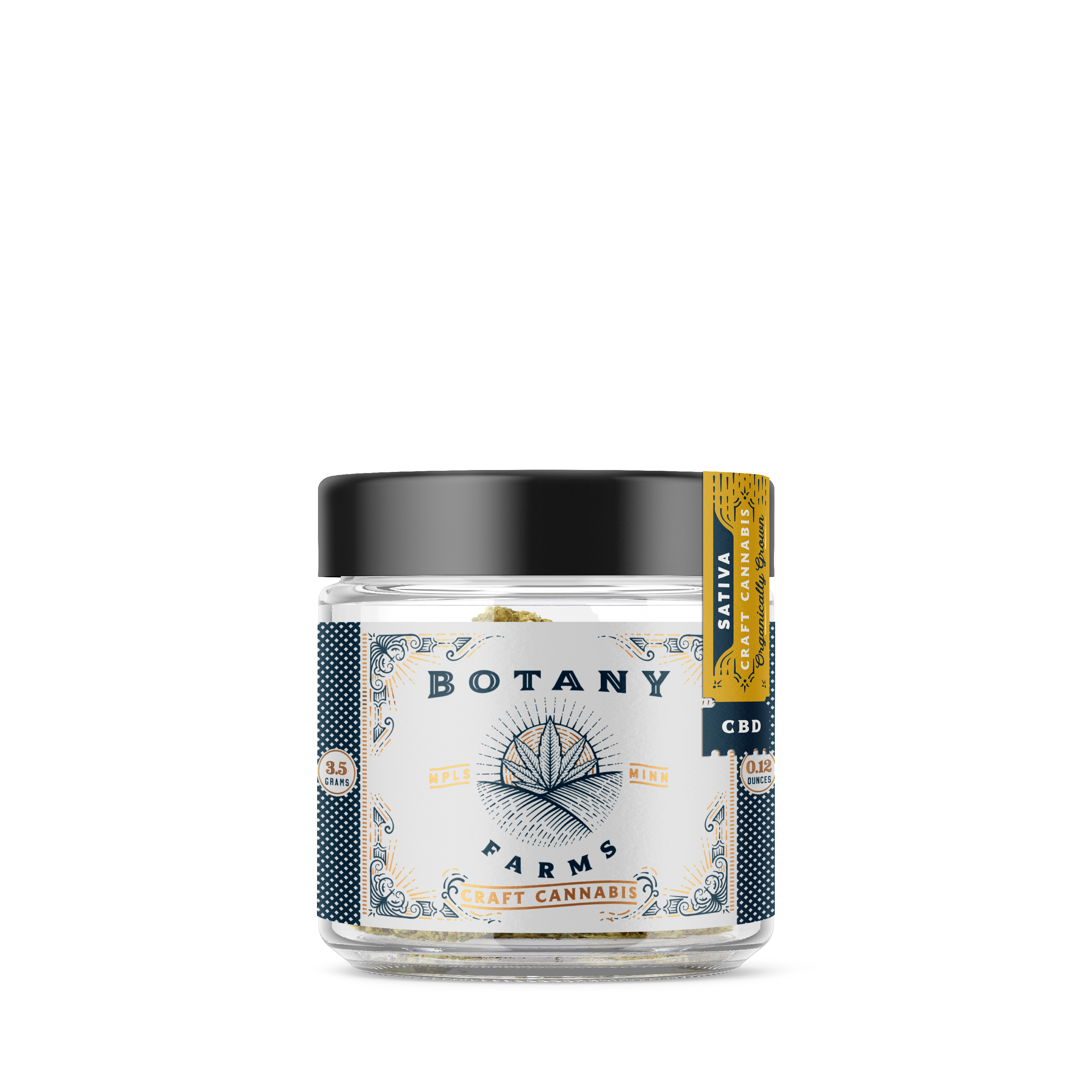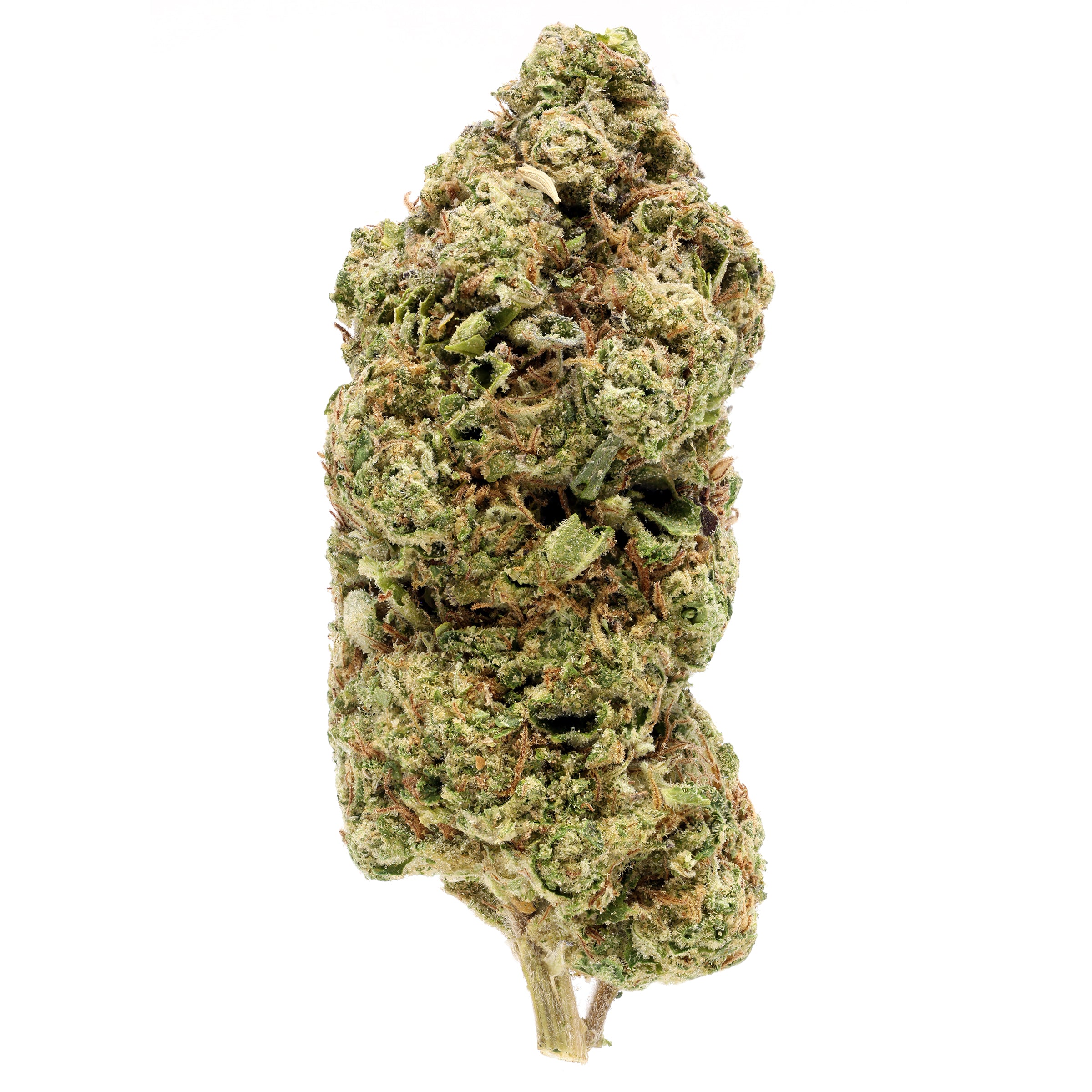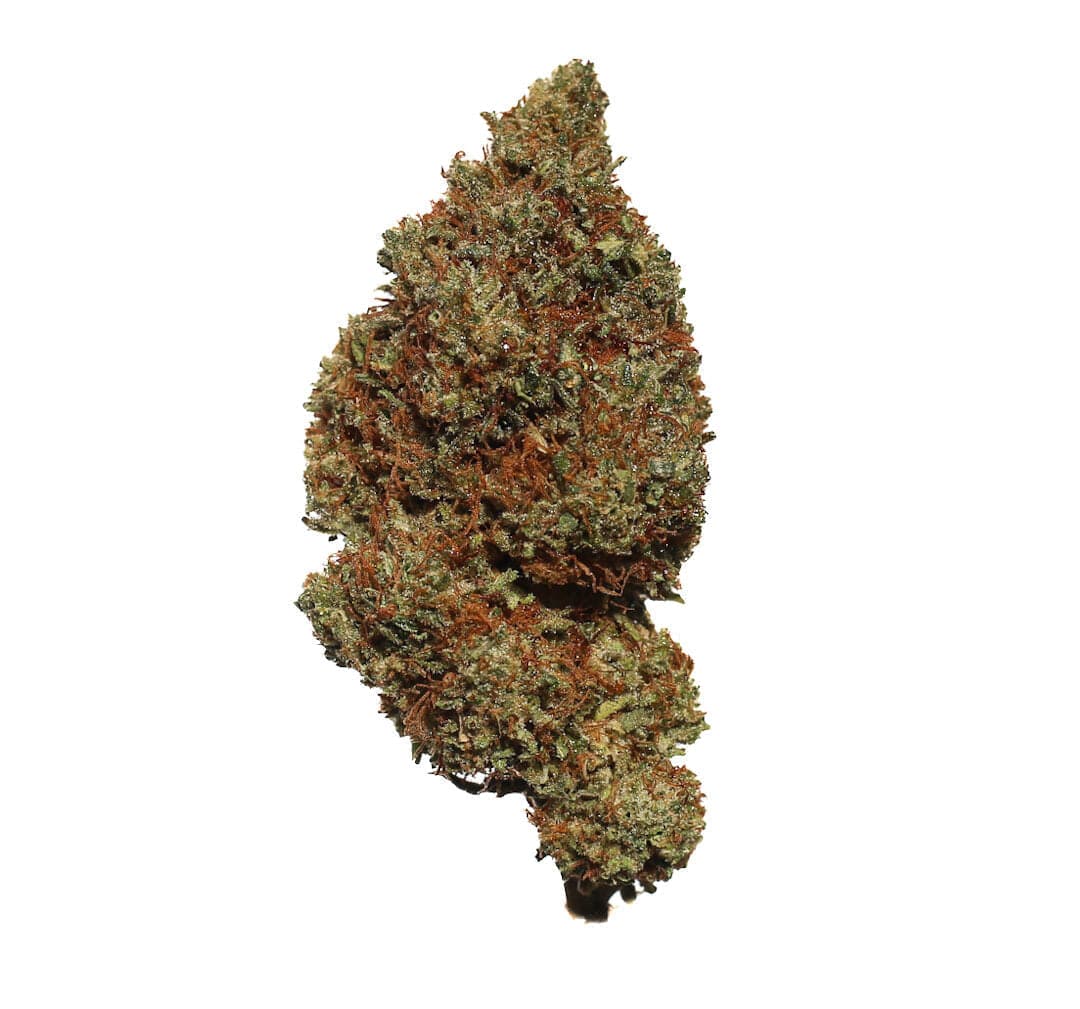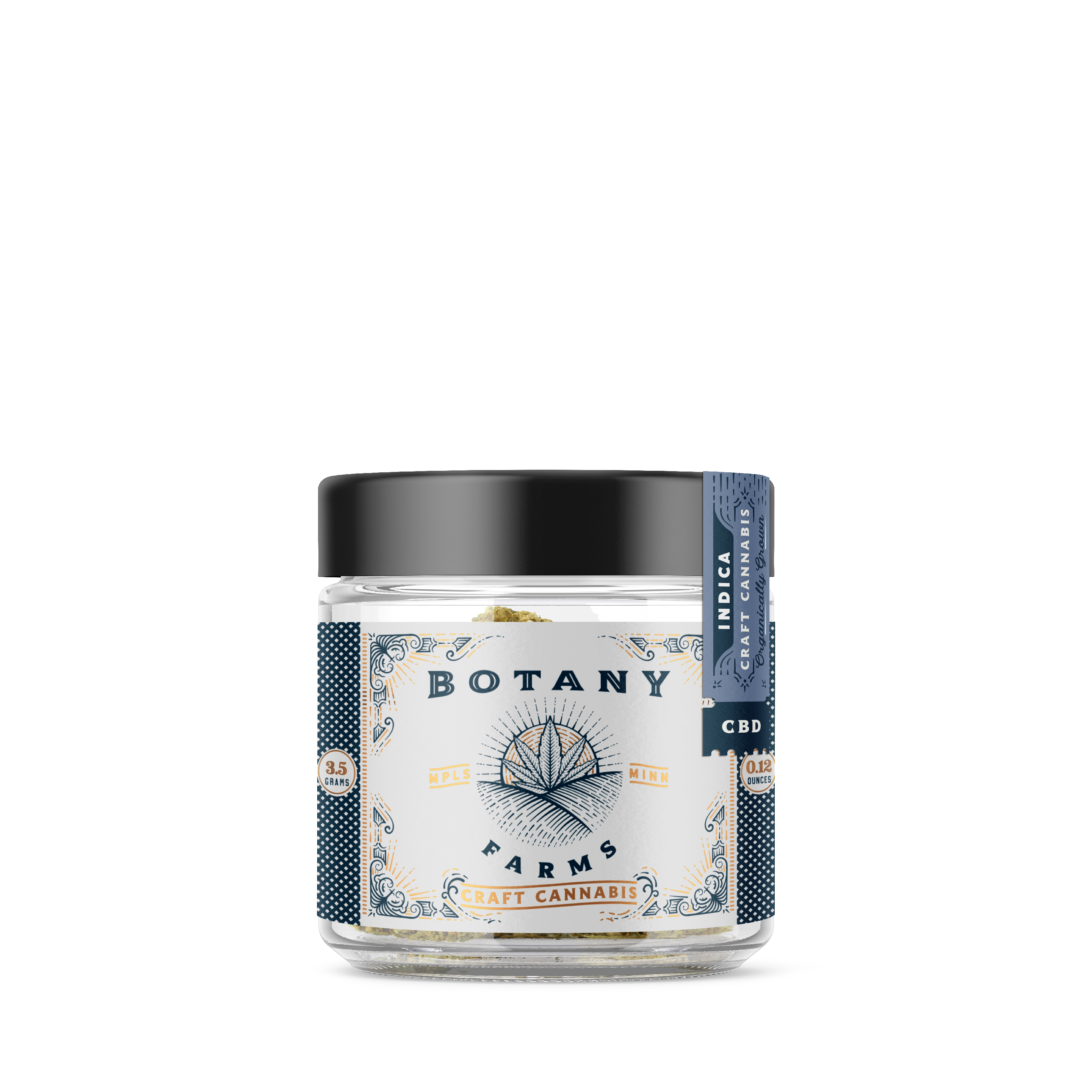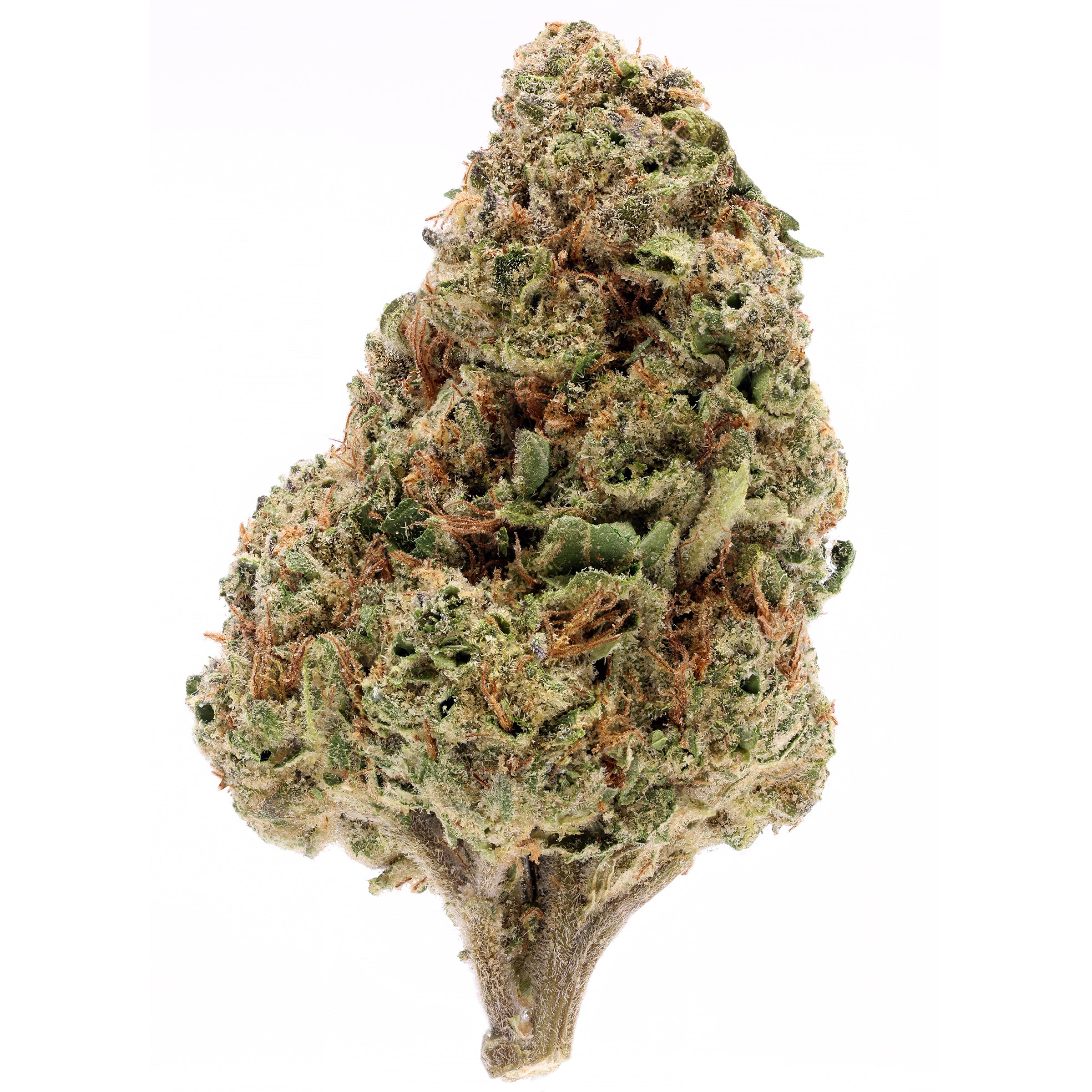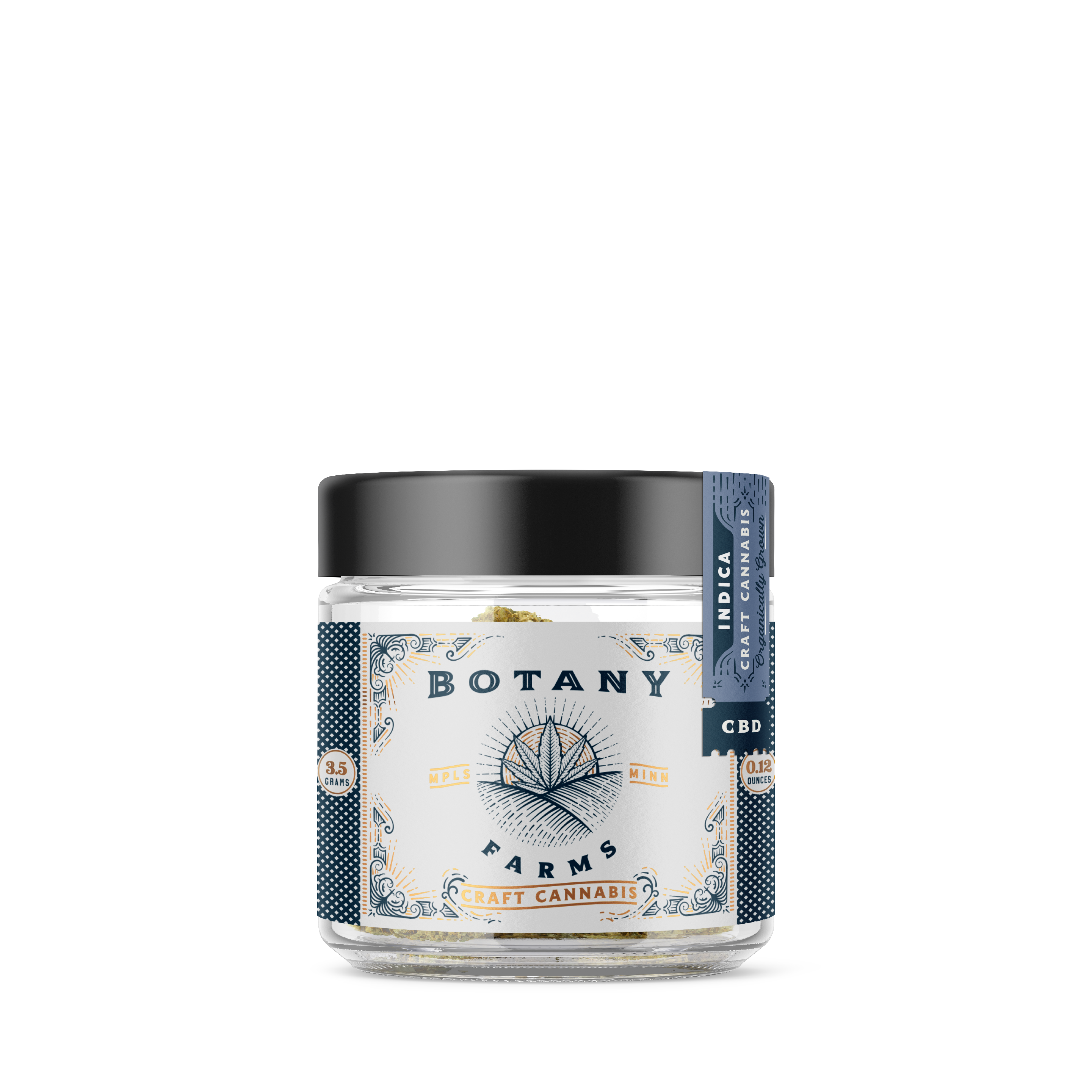- Key Takeaways
- What Are Terpenes in Cannabis?
- What Are the Health Benefits of Terpenes?
- Are Terpenes Effective in Treating Neuropathy?
- How do Terpenes Alleviate Nerve Pain?
- What We Know About Terpenes for Pain and Inflammation
- Best Terpenes for Neuropathy
- What About CBD and THC for Neuropathy?
- Final Thoughts
- Where to Buy Terpene Rich Live Resin Tincture Online
- Sources used for this article:
Disclaimer: The information provided here is intended solely for informational and entertainment purposes. It should not be used as a substitute for professional medical advice, diagnosis, or treatment. Always seek the advice of your physician or other qualified health provider with any questions you may have regarding a medical condition or treatment and before undertaking a new health care regimen. Never disregard professional medical advice or delay in seeking it because of something you have read here.
Many patients with neuropathy, or nerve pain, have caused a form of damage to the nerves in their bodies, which is the underlying cause of lost strength, numbness and pain, often in the feet and hands. (If it’s not there, talk to your concierge doctor before self-diagnosing.)
That said, maybe none of the things you’ve been suggested have worked. Maybe your next step is to try hemp or cannabis extracts. The reason why is because both hemp and cannabis have what are called terpenes in them.
If you have neuropathy, it could be that terpenes could do you a lot of good! In this discussion, we will provide insights on what terpenes are, what some of the health benefits of terpenes are, how they can help alleviate or ease nerve pain, inflammation, among others, and what some of the best terpenes are for neuropathy.
Key Takeaways
- Terpenes are naturally occurring compounds that give flavour and aroma to plants; they are the plant world’s version of essential oils.
- Not only serve to provide terrific scents and flavours, but also possess a variety of medicinal and therapeutic effects.Among some of the benefits that multiple terpenes provide are possible pain-relieving effects, including for neuropathic pain.
- Some of the most advantageous and common terpenes found in cannabis are limonene, caryophyllene, myrcene, linalool, terpinolene and bisabolol.
What Are Terpenes in Cannabis?
Scientists call them terpenes. They’re typically found in plants and occasionally a few select animals, and are responsible for floral scents, aromas, and flavours like lavender’s smell or pepper’s taste. Essentially, terpenes are the essential oils that plants contain.
But flavour and aroma isn’t all that terpenes can be useful for: they can also be used to keep plants safe from predators. A whole slew of plants produce terpenes – but cannabis is particularly lush in them because these plants are highly aromatic. That’s why cannabis smells so strongly.
The bulk of terpenes in the cannabis plant reside in the trichomes of female plants. These trichomes bear a decent amount of terpenes, which would explain why heavier hitting strains of cannabis may possess any number of salubrious functions.
What follows, however, is the news you’ve been waiting for, as not only do terpenes explain the flavour and aroma of cannabis, but they could also confer a wide array of therapeutic functions when it comes to the human mind and body.
What Are the Health Benefits of Terpenes?
Terpenes may, indeed, be able to help treat neuropathy and nerve pain, besides general pain and inflammation. However, there are dozens of terpenes out there, and they'll have slightly different effects.
Some terpenes have therapeutic effects for the mind, while others have medical benefits for the body. Let's quickly take a look at some of the biggest benefits that the terpenes contained in cannabis may have for you. Keep in mind that the following list is in no way comprehensive.
Anti-Bacterial
Some terpenes have antibacterial and antifungal properties, such as One of the terpenes that may have antibacterial properties is limonene. This terpene, and various others, may be able to effectively kill both bacteria and fungus, therefore potentially preventing bacterial and fungal infections from taking hold in your body.
Anti-Inflammatory
Linalool, limonene, myrcene, and others are all thought to have anti-inflammatory properties. They may be able to help reduce the amount of signaling chemicals that your immune system cells produce. Reducing these signaling chemicals should, in theory, also reduce inflammation. These terpenes may also be able to help treat various forms of acute inflammation.
Antiviral
Although more research is required on this front, it may be the case that some terpenes are effective in killing or suppressing various types of viruses.
Anti-Depressant
Some terpenes may also have various interactions with the dopamine, adrenaline, and serotonin receptors in your brain. These are all hormones or brain chemicals that regulate mood, make you feel happy, and help reduce feelings of depression and anxiety. Terpenes may also work together with the various cannabinoids contained in cannabis to exacerbate this effect.
Sleep Aid
Some terpenes may also act as a sleep aid, which may be the case because some may act as sedatives, whereas others may lead to a calmer state of mind.
Stress Relief
It is also believed that some terpenes may be able to help reduce stress. When you are stressed out, your body produces a hormone known as cortisol, which serves to keep you in a very alert state. In other words, this hormone actually keeps you in a stressful state.
However, some terpenes may be able to prevent the production or overproduction of cortisol, therefore reducing your stress level and allowing you to return to a normal state of mind more quickly.
Stimulant
There are also some terpenes that may be able to help stimulate your mind and body. Some may provide you with a little bit of energy and creativity, whereas others may actually lead to sexual arousal.
Are Terpenes Effective in Treating Neuropathy?
Although more research is required on this front, there are some indications that terpenes may be effective at treating neuropathy. Now, terpenes are very unlikely to be able to help revert nerve damage or heal your nerves, but they can most likely reduce the amount of pain you feel from your neuropathy.
How do Terpenes Alleviate Nerve Pain?
Once again, more research is required on this front. However, there are some indications that the various terpenes found in cannabis may be able to help reduce chronic pain, inflammation, and neuropathy symptoms.
The vast majority of terpenes interact with your endocannabinoid system, specifically the CB1 and CB2 endocannabinoid receptors. Therefore, terpenes may mimic the way that both THC and CBD work when they interact with your body's CB1 and CB2 receptors.
These terpenes, just like both CBD and THC, may have both anti-inflammatory and analgesic properties, which, when combined, help to relieve nerve pain. Now, to be clear, the analgesic and anti-inflammatory properties that these terpenes have don't just help to relieve nerve pain, but rather all types of pain and inflammation in general.
Nerve pain or symptoms of neuropathy just happen to be one of the types of pain that terpenes may be able to reduce. Let's move on and figure out how exactly terpenes may be able to help reduce inflammation and pain.
What We Know About Terpenes for Pain and Inflammation
However, what we do know is that terpenes are potentially beneficial for inflammation by reducing inflammation associated with a variety of disorders, such as asthma or arthritis. They work by inhibiting the release of pro-inflammatory cytokines in the body.
That’s a peptide unique to this stress-inspired reduction of your immune system, inspired by all these chemical stressors, which ultimately gets expressed and leads to inflammation. Cytokines are typically produced in response to infection by pathogens – they are meant to recruit, activate, and multiply the immune cells that will attack these pathogens. Put simply, terpenes might have the power to reduce the amount of cytokines circulating in your body, which is also a reduction in inflammation.
After all, if you are reducing inflammation, you are likely reducing pain, given that inflammation is associated with pain. But there’s more to the story than that, as terpenes may also act as analgesic agents. Or, to put it another way, they might also act as painkillers. They could block pain signals from getting from nerves to the brain, and that would seem to be a fitting consequence for those suffering from neuropathy.
While analgesic agents don’t literally take your pain away, they do reduce your experience of the pain; in fact, it isn’t there if you can’t feel it. Stateside researchers are also examining the decreased side effect profile of whole cannabis systems versus pure extracts, in what is known as the entourage effect—the idea that the sum of cannabinoids and terpenes combined has a greater effect than the parts. It might be that while terpenes bring it on, cannabinoids assist in turning down the heat.
Best Terpenes for Neuropathy
Now that you have the basic facts about terpenes and neuropathy, let's take a quick look at some of the best terpenes for neuropathy out there.
Limonene
Limonene is a terpene that is most often found in citrus fruits, mainly in their peels. As you can probably tell, it has a very citrusy and lemon-like flavor. It may also have a slightly bitter flavor. This is a terpene that has been studied quite extensively, and it is shown to have anti-inflammatory properties.
It may also have basic painkilling properties. It may also be able to help combat depression, anxiety, and stress. Also, it has a variety of other potential benefits. Limonene can be found in various strains, including Sour Diesel, Super Lemon Haze, Banana OG, Marionberry, OG Glue, Animal Cookies, and more.
Beta-Caryophyllene
We then have caryophyllene, which has a very peppery and spicy scent, with undertones of cinnamon. It can be found in various plants, including black pepper, hops, cloves, and rosemary. It may also be found in various cannabis strains, including Gelato, GSC, Bubba Kush, Candyland, Sour Diesel, and others.
There are studies that indicate that caryophyllene may be able to help reduce pain, although these studies were performed on mice. This terpene may also have other benefits, including being a neuroprotective agent, a gastroprotective agent, an anti-inflammatory, and an antioxidant, among others. It may also be an antimicrobial agent. There are studies that show that it has real potential in terms of neurodegenerative diseases and neuropathic pain.
Myrcene
Myrcene is yet another terpene often found in cannabis plants. It has an earthy, musky, peppery, spicy, and woody aroma. This is one of the most commonly found terpenes in all cannabis plants, but it can also be found in hops, eucalyptus, mangoes, lemongrass, and more.
Cannabis strains that contain this terpene are often Indica-dominant, although this is not a 100% rule of thumb. Some of the strains that contain myrcene include Grape Ape, OG Kush, Ace of Spades, Jack Herer, Blue Dream, Grandaddy Purple, Harlequin, and others. There are indications that this particular terpene can produce strong anti-anxiety effects, and may even cause sedation, especially when taken in large quantities.
There are also strong indications that this terpene is an analgesic, which would explain why it may be able to help reduce nerve pain. It is also shown that the myrcene terpene works best when combined with THC as far as pain-relieving properties are concerned.
Pinene
We then have pinene, which is one of the most commonly found terpenes in the world. It can be found in many different plants including mint, rosemary, pine needles, saffron, orange peels, and more.
As you can probably tell by the name of it, its scent most closely resembles pine needles, although it may also sometimes smell a little bit like fuel. Some cannabis strains that are high in pinene include Blue Dream, Big Smooth, Cannatonic, AC/DC, Chemdawg, Super Lemon Haze, Sour Diesel, and others.
Research indicates that pinene does have a variety of potential benefits. It could be an analgesic, antiparasitic, anti-inflammatory, antimicrobial, and an antioxidant. There are also very strong indications that this terpene is effective at treating neuropathic pain and migraines.
Linalool
We then have linalool, which as a terpene is very floral, woody, citrusy, and light. It's something that can be found in lavender, citrus fruits, mint, rosewood, and more. Some cannabis strains that contain linalool include OG Shark, Fire OG, Diamond Girl, LA Confidential, Special Kush, Trainwreck, and more.
As far as usage goes, linalool is one of the most commonly used ones. It is often added to foods, cleaners, cosmetics, perfumes, and more. Linalool is believed to have a variety of potential benefits, mainly being an anti-anxiety agent and an anti-inflammatory. It may also act as an antioxidant. There are also studies that indicate that this terpene is able to block pain and reduce nerve pain.
Terpinolene
This is a terpene that features a herbal, woody, piney, and citrusy taste. This terpene can be found in tea trees, nutmeg, sage, rosemary, lilac, and in many other places. Some cannabis strains that contain terpinolene include Strawberry Kush, Dutch Treat, Golden Goat, Ghost Train Haze, Sensi Amnesia, Cobalt Haze, Orange Cookies, and many others.
One of the main benefits of this terpene is that it has both sedative and relaxing properties, so it can help relieve stress and help you get a good night's sleep. However, it is also thought to have both pain-relieving and anti-inflammatory properties, which may very well help reduce nerve pain caused by neuropathy.
Bisabolol
Here we have a terpene that has a very floral scent, and it can be found mainly in chamomile and cannabis. It tends to have a herbal, nutty, fruity, sweet, and floral aroma. Some of the strains that contain bisabolol include Rockstar and Pink Kush.
There are some studies that indicate that this terpene may be able to help relieve pain, offer you neuroprotective properties, act as an anti-inflammatory, and also have antimicrobial and cardiovascular benefits.
What About CBD and THC for Neuropathy?
The silver lining in all this is that, as well as the ‘highs’ that THC provides, these cannabinoids also have a lot in common with CBD in terms of the possibilities for therapeutic benefit. This is in spite of the fact that they appear, at best, to act in slightly different ways in the body.
So, both CBD – and THC – appear to act as antioxidants and as anti-inflammatory and analgesic agents. In part, these pharmacological effects are thought to be produced by CBD, THC and their synthetic relatives by binding to the CB1 and CB2 receptors in your body, to reduce proinflammatory cytokines as well as to block pain signals from getting though to your brain.
What is important here is that terpenes and cannabinoids work just fine on their own for pain and inflammation relief. But remember the entourage effect – when many cannabinoids and terpenes act together to enhance the medicinal properties of each individual substance.
Thus, if you want the least amount of pain relief from cannabis, use just THC. If you want moderate pain relief, throw in some CBD and terpenes as described above. And if you expect to harvest the most pain-relief benefits from the weed plant, combos of all the above are best. One is fine, but multiples are much better.
Final Thoughts
Although there is of course still more research required on this front, the preliminary findings are quite positive and promising. The bottom line here is that terpenes may indeed be able to help relieve a variety of pains including neuropathic pain.
Moreover, when combined with THC and CBD, the beneficial properties of terpenes appear to be greatly increased. That entourage effect is very real!
Where to Buy Terpene Rich Live Resin Tincture Online
If you are looking to buy some live resin online that is rich in terpenes, check out our selection right here at Botany Farms. One of our fan favorites is this Live Resin CBD Tincture. If you want that entourage effects for maximum pain relief benefits, check out our Botany Farms Blue Raspberry Delta-9 THC Microdose Gummies.
Sources used for this article:
- https://www.nhs.uk/conditions/peripheral-neuropathy/causes/
- https://www.ncbi.nlm.nih.gov/pmc/articles/PMC8414653/
- https://www.mdpi.com/2076-3417/13/17/9854
- https://www.linkedin.com/pulse/understanding-aromatic-symphony-cannabis-terpenes-faheem-shahid/
- https://pubmed.ncbi.nlm.nih.gov/27030509/
- https://www.mdpi.com/1422-0067/23/14/7891/htm








